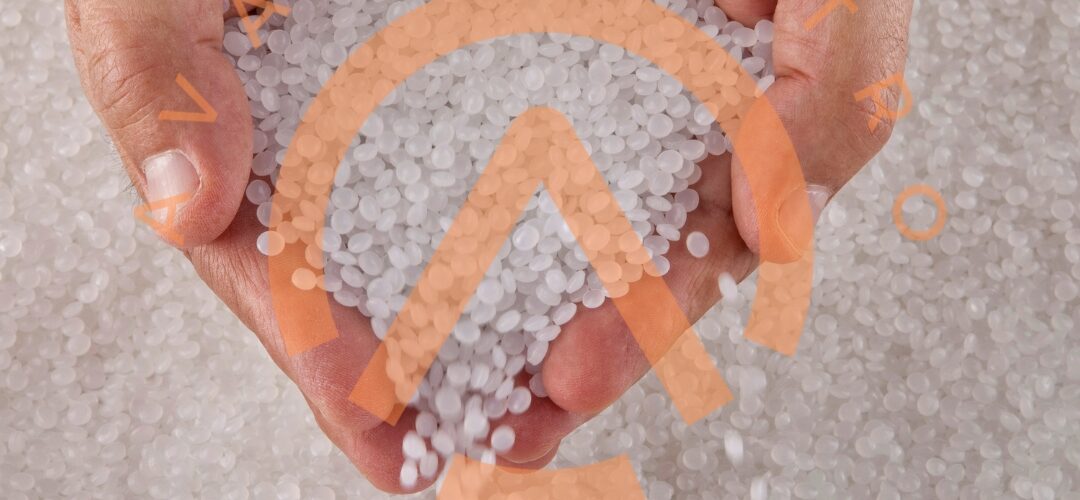What is the Role of HIPS in Home Appliance Manufacturing?
In the world of home appliance manufacturing, various materials play pivotal roles in ensuring the durability, safety, and functionality of these everyday devices. High Impact Polystyrene (HIPS) is one such material that has become indispensable in the industry. This article delves into the significant role that HIPS plays in home appliance manufacturing, highlighting its versatility, benefits, and applications.
Table of Contents
- Introduction to HIPS
- The Versatility of HIPS
- Advantages of Using HIPS in Home Appliances
- HIPS in Refrigerators
- HIPS in Washing Machines
- HIPS in Microwave Ovens
- HIPS in Small Kitchen Appliances
- HIPS in Vacuum Cleaners
- HIPS in the Future of Home Appliance Manufacturing
- Sustainable Aspects of HIPS
- Challenges Faced with HIPS
- Conclusion
- FAQs
- Introduction to HIPS
High Impact Polystyrene (HIPS) is a thermoplastic polymer known for its exceptional impact resistance and versatility. It is a type of polystyrene that has been modified to enhance its strength and durability, making it a preferred choice in various industries, including home appliance manufacturing.
- The Versatility of HIPS
HIPS is renowned for its versatility, making it suitable for a wide range of applications. Its ability to be molded into various shapes and sizes, coupled with its high impact resistance, makes it an ideal material for home appliance components.
- Advantages of Using HIPS in Home Appliances
3.1 Durability
One of the primary advantages of using HIPS in home appliances is its durability. It can withstand daily wear and tear, ensuring the longevity of the appliance.
3.2 Cost-Effective
HIPS is cost-effective compared to some other materials, making it an attractive choice for manufacturers looking to optimize production costs.
3.3 Lightweight
Home appliances made with HIPS are lightweight, making them easier to transport and handle.
3.4 Resistance to Chemicals
HIPS is resistant to chemicals, which is crucial for appliances that may come into contact with various substances.
- HIPS in Refrigerators
Refrigerators utilize HIPS for their interior and exterior components. The material’s ability to maintain its structural integrity in low temperatures is vital for this application.
- HIPS in Washing Machines
In washing machines, HIPS is commonly used for the outer casing and detergent compartments. Its resistance to moisture ensures the appliance’s longevity.
- HIPS in Microwave Ovens
Microwave ovens often incorporate HIPS in their control panels and door frames. Its heat resistance and electrical insulating properties are beneficial here.
- HIPS in Small Kitchen Appliances
Small kitchen appliances such as blenders, toasters, and coffee makers benefit from HIPS due to its lightweight and moldability.
- HIPS in Vacuum Cleaners
The casing and various components of vacuum cleaners are often made from HIPS, owing to its durability and impact resistance.
- HIPS in the Future of Home Appliance Manufacturing
As technology advances, HIPS is likely to play an even more significant role in home appliance manufacturing. Its adaptability and cost-effectiveness make it an ideal choice for innovative designs and sustainable practices.
- Sustainable Aspects of HIPS
HIPS is recyclable, contributing to the sustainability goals of the home appliance industry. Manufacturers can utilize recycled HIPS to reduce their environmental footprint.
- Challenges Faced with HIPS
While HIPS offers numerous benefits, challenges such as its limited heat resistance in certain applications and recycling infrastructure must be addressed by manufacturers.
- Conclusion
In the realm of home appliance manufacturing, High Impact Polystyrene (HIPS) shines as a versatile and reliable material. Its ability to enhance durability, reduce costs, and contribute to sustainability makes it an invaluable asset for manufacturers. As technology evolves, HIPS is poised to continue playing a pivotal role in shaping the future of home appliances.
- FAQs
Q1: Is HIPS a sustainable material?
Yes, HIPS is recyclable, contributing to sustainability efforts in manufacturing.
Q2: Can HIPS withstand extreme temperatures?
HIPS has limitations in terms of heat resistance and may not be suitable for high-temperature applications.
Q3: What are the alternatives to HIPS in home appliance manufacturing?
Alternatives include ABS (Acrylonitrile Butadiene Styrene) and PP (Polypropylene), but HIPS remains a popular choice due to its advantages.
Q4: Are HIPS-made appliances more affordable?
Yes, HIPS is cost-effective, which can lead to more affordable home appliances.
Q5: How can I recycle HIPS products?
Check with your local recycling facilities for guidelines on recycling HIPS products.

